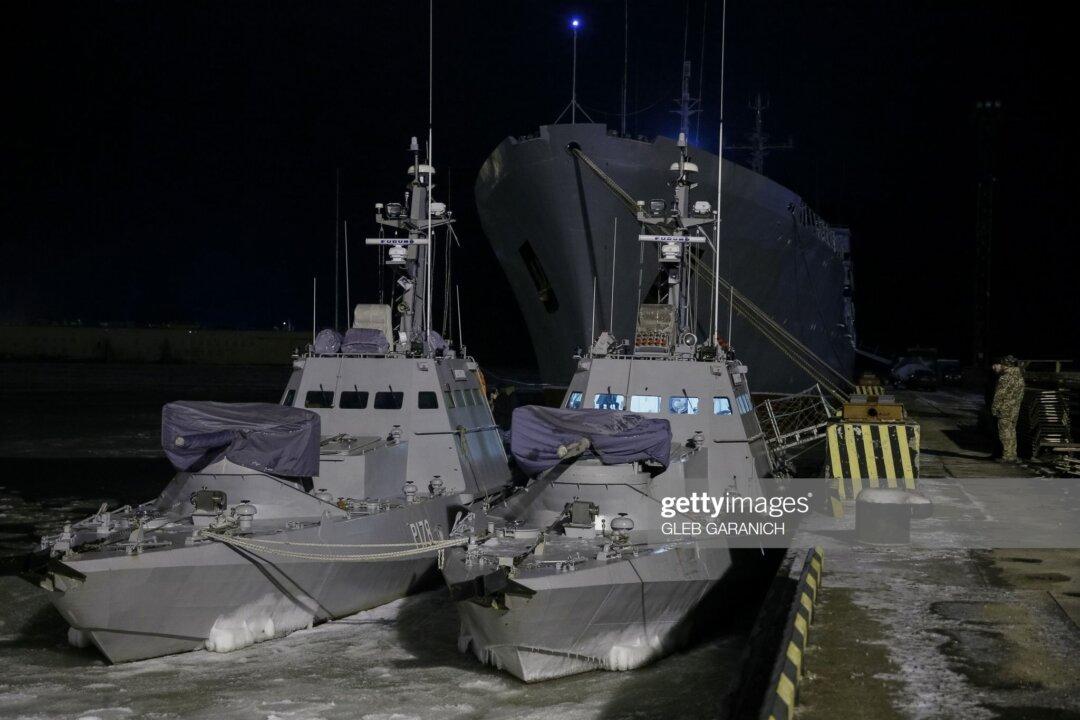For almost all Americans, “Georgia” is simply a state of the United States. For the athletically inclined, it is the home of baseball’s Atlanta Braves and the National Football League’s Atlanta Falcons. For the more historically aware, Georgia was one of the 13 original U.S. colonies and, following the Revolutionary War, a “star” in the original U.S. flag. Less happily, Georgia was a member of the Confederacy during the Civil War and suffered massive devastation including the burning of Atlanta (see the iconic movie “Gone with the Wind”).
But “Georgia” as a former component of the pre-1989 Soviet Union is totally unknown to anyone other than foreign relations specialists and geographers. Indeed, nestled at the eastern end of the Black Sea, bordered by Russia, Turkey, Armenia, and Azerbaijan, Georgia has little obvious to recommend it. This is a nasty neighborhood, and violence more than peace has defined its history. Rarely has it been “independent,” but rather a component of one empire or another.





